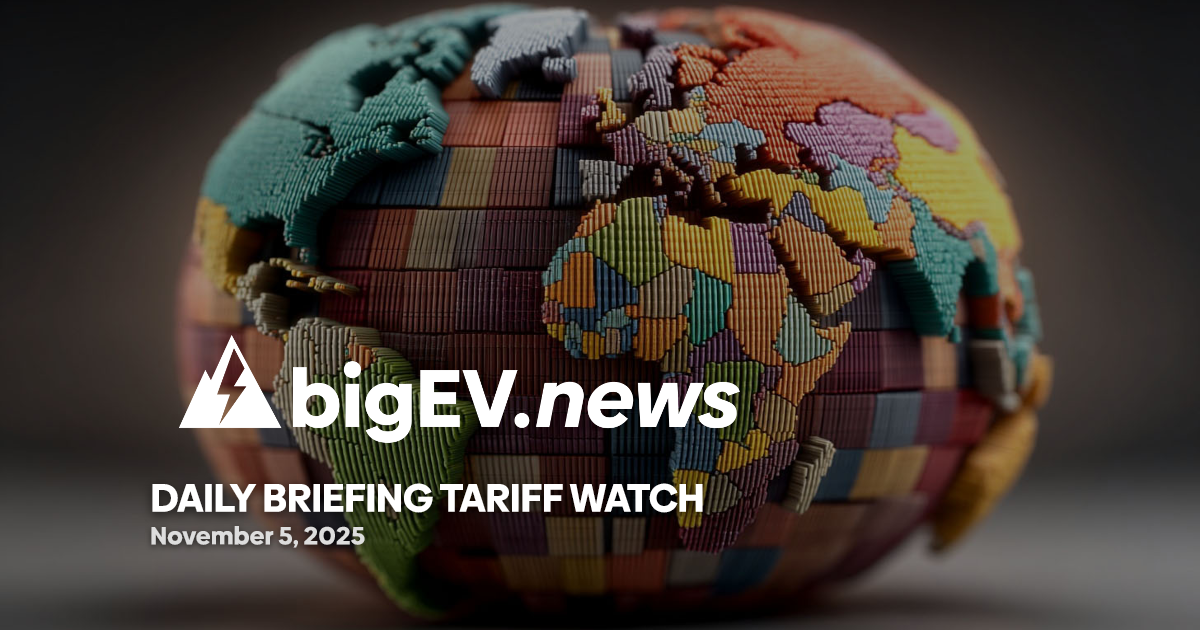As 2025 unfolds, corporate sustainability disclosures are becoming increasingly critical, with over two-thirds of companies under the CSRD or ISSB frameworks indicating that these disclosures now inform key business strategies, risk management, and supply chain decisions. Despite regulatory uncertainties, such as the EU's delays and the SEC's indecision on climate disclosure rules, a significant portion of firms—40%—are opting to adhere to their original reporting timelines. This decision is largely driven by mounting pressure from investors and customers who demand transparency and accountability regarding sustainability practices. The PwC Global Sustainability Reporting Survey reveals that companies are not merely complying with regulations; they are recognizing the strategic value of sustainability reporting in reshaping their operations and enhancing stakeholder engagement.
The survey underscores a clear distinction between firms that leverage sustainability reporting for strategic advantage and those that view it solely as a compliance exercise. Companies that integrate sustainability data into their decision-making processes report substantial benefits, including improved risk management and supply chain optimization. The rise of technology, particularly AI, is transforming the reporting landscape, with its adoption nearly tripling in 2025. As organizations navigate complex multi-jurisdictional compliance requirements, the emphasis on interoperability between frameworks becomes paramount. Ultimately, the findings suggest that sustainability reporting is evolving from a regulatory obligation to a fundamental component of corporate governance and strategy, compelling executives to focus on building resilient systems that convert data into actionable insights.






